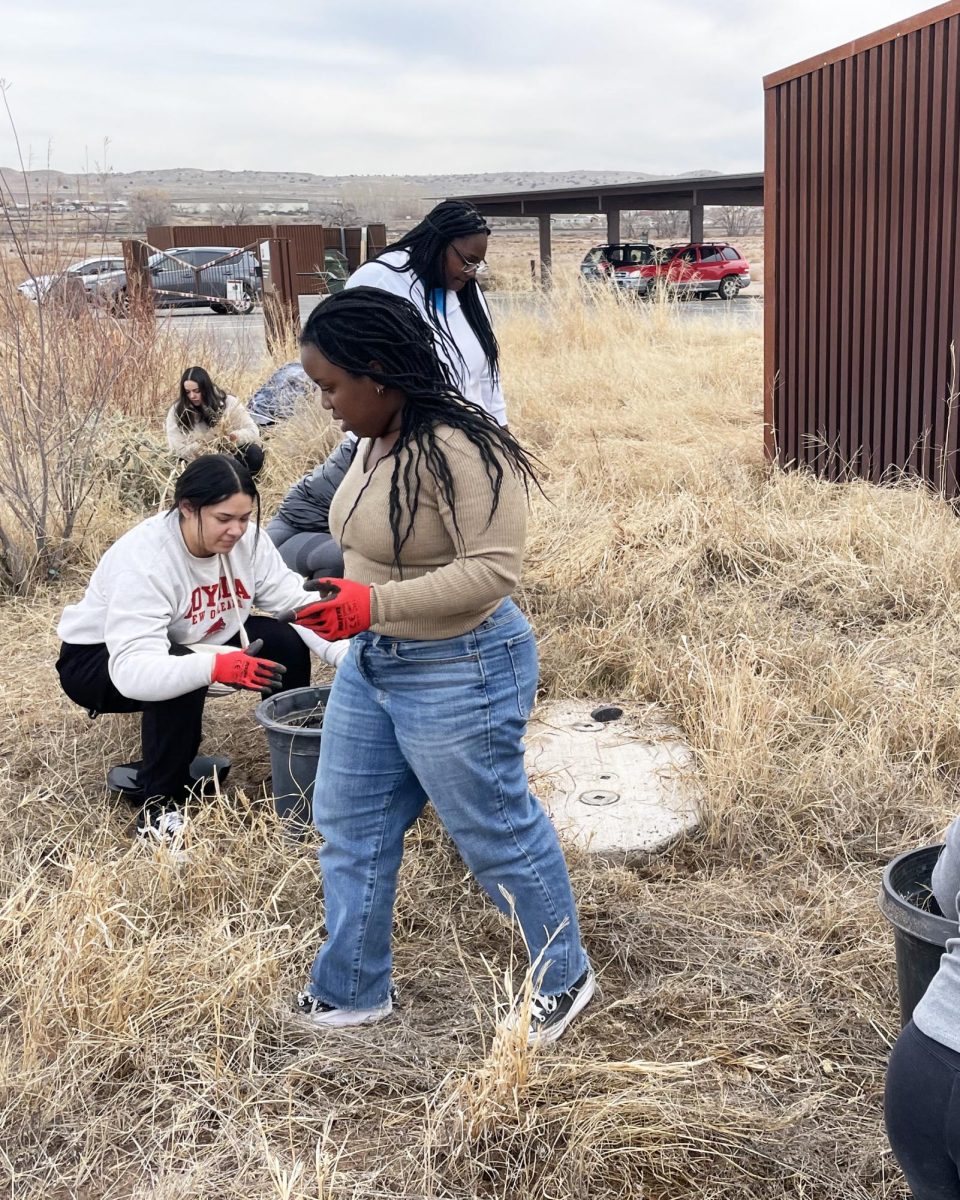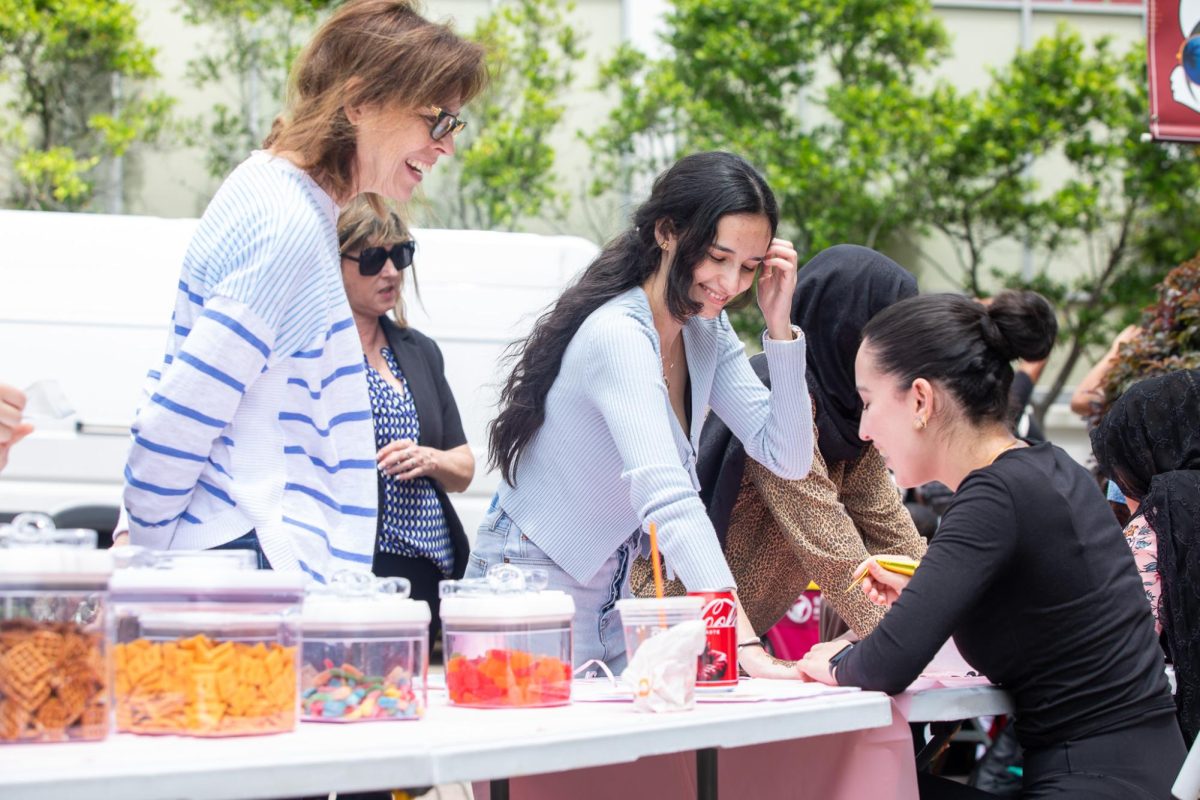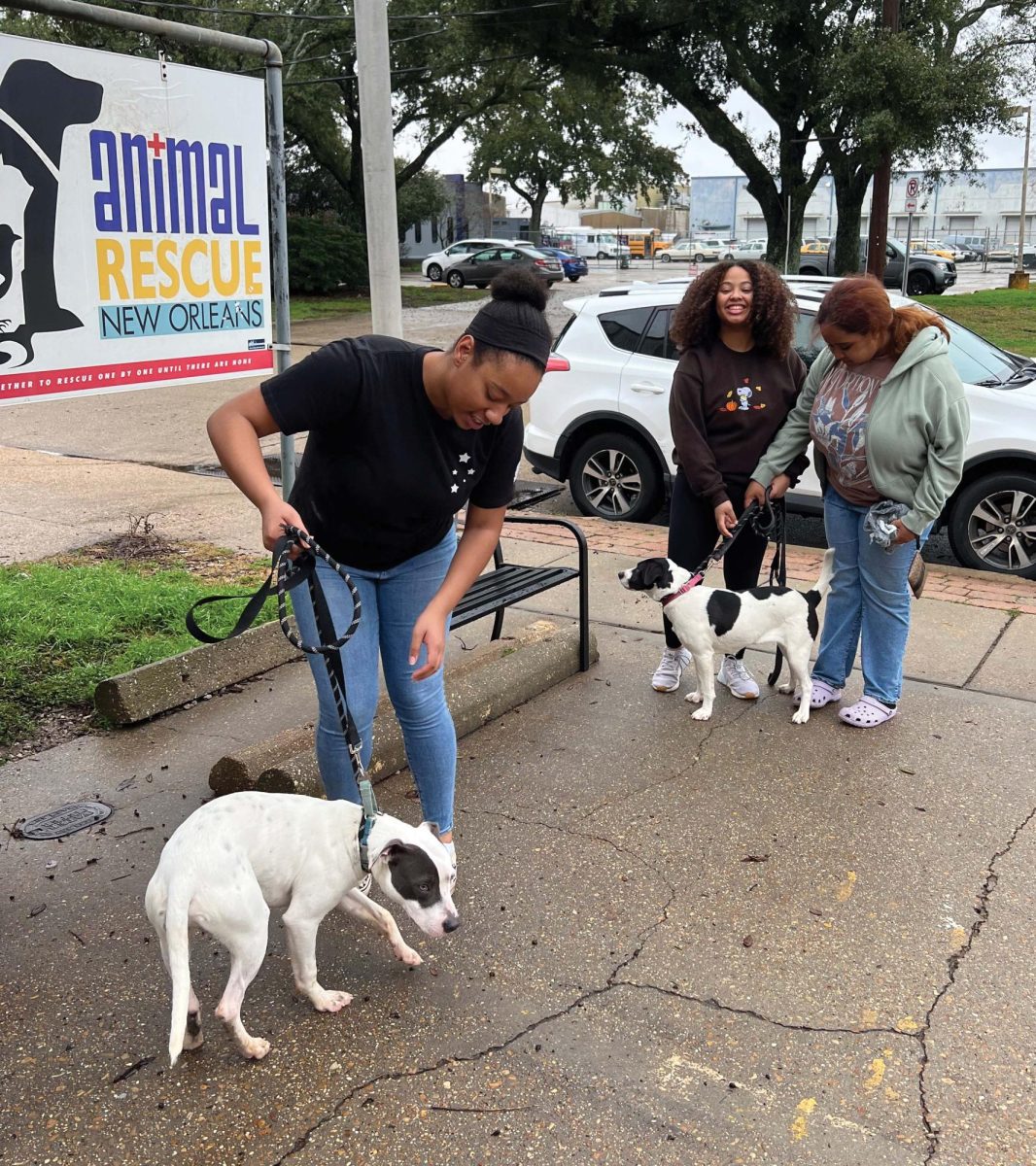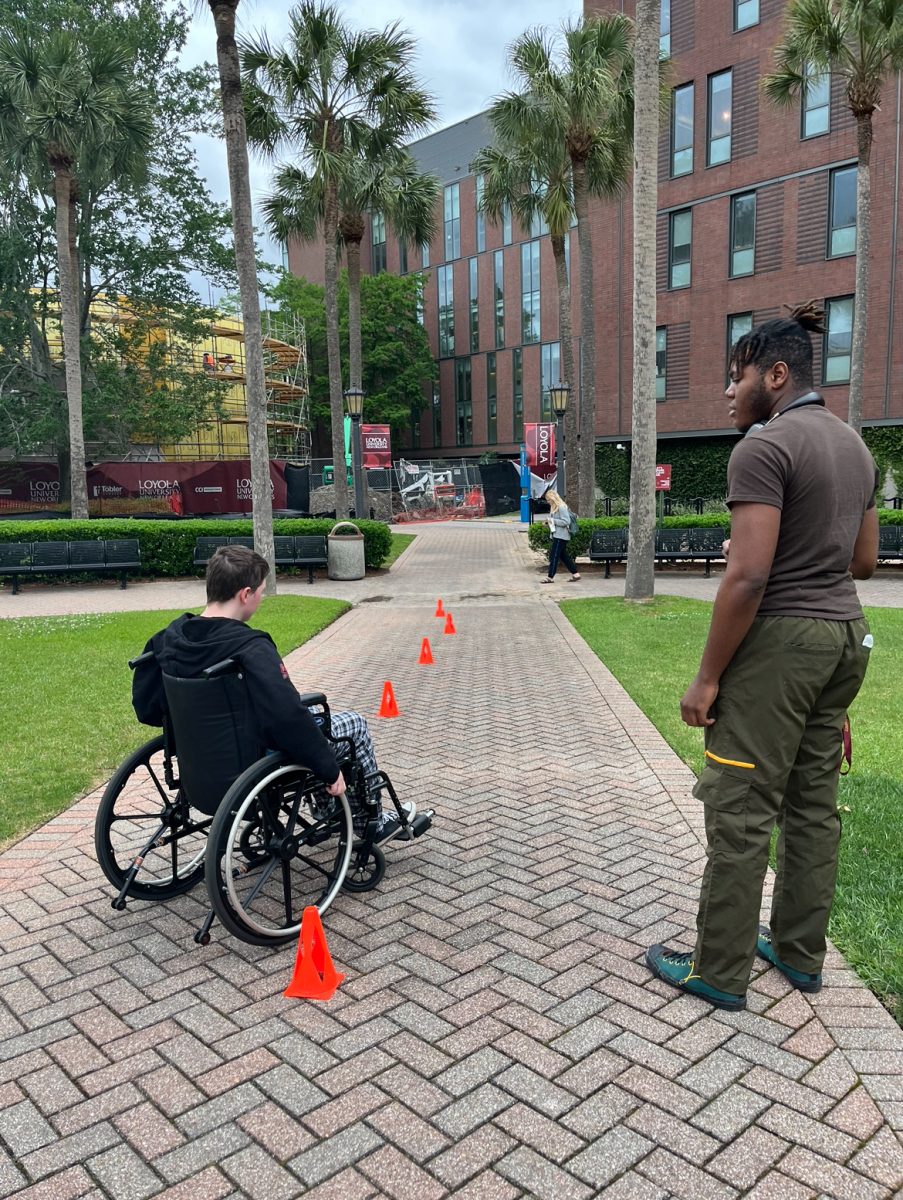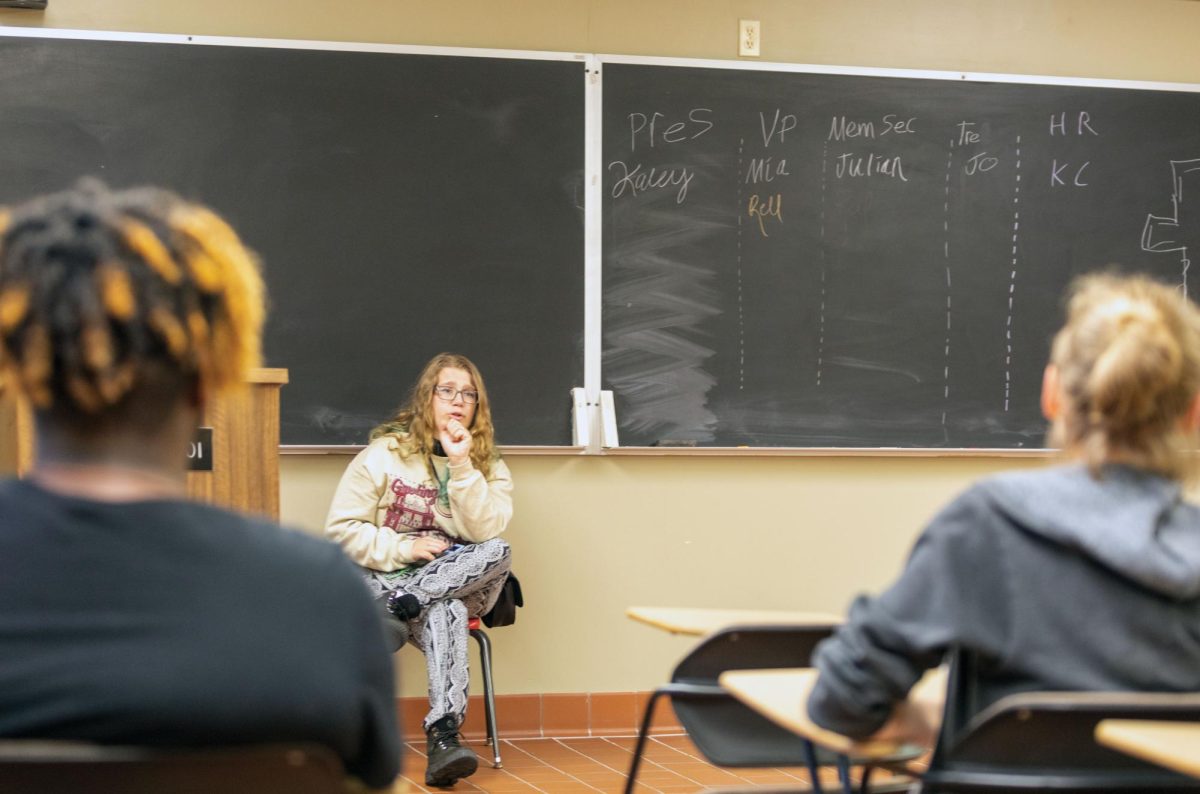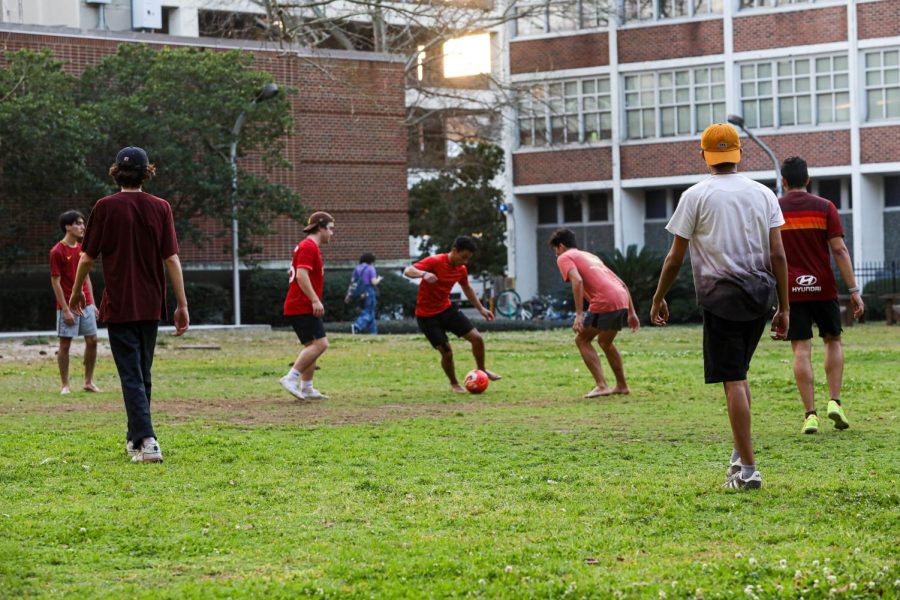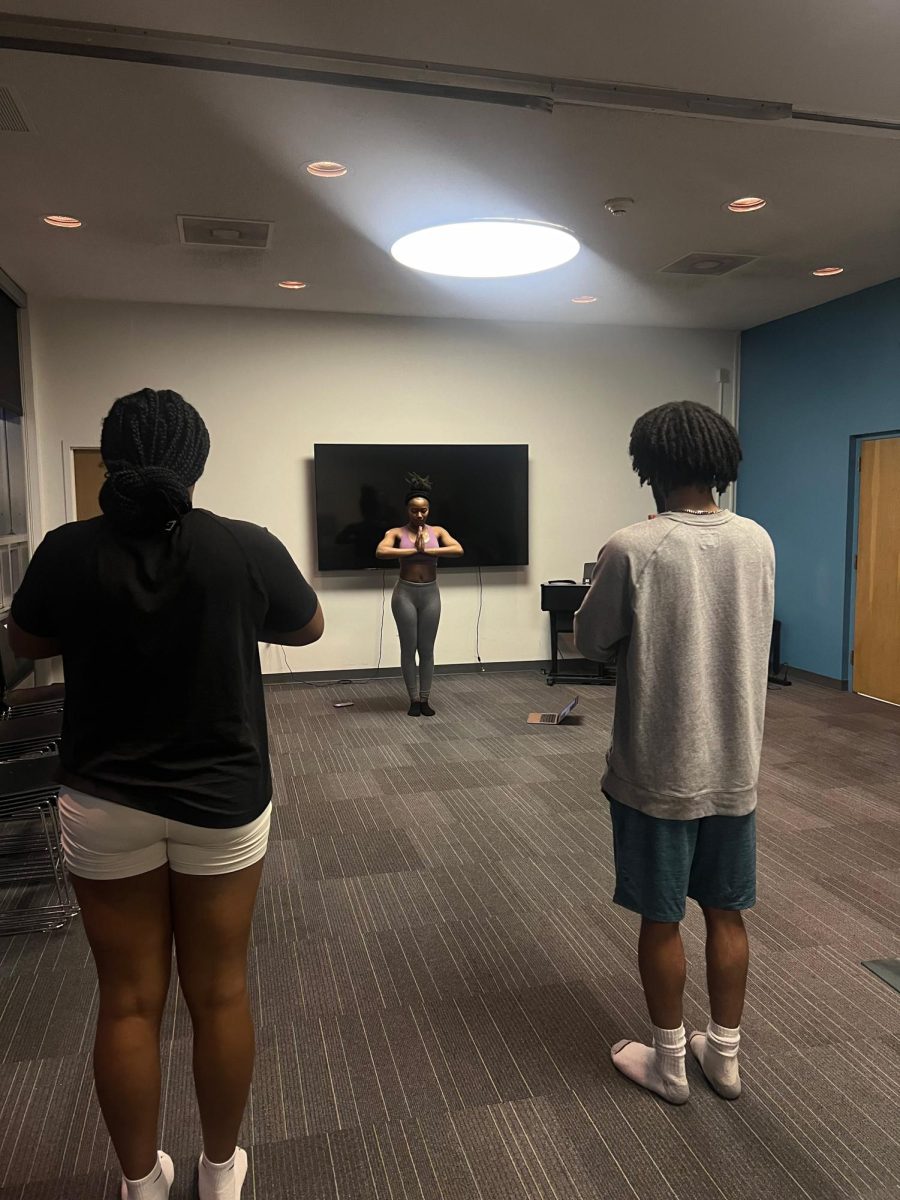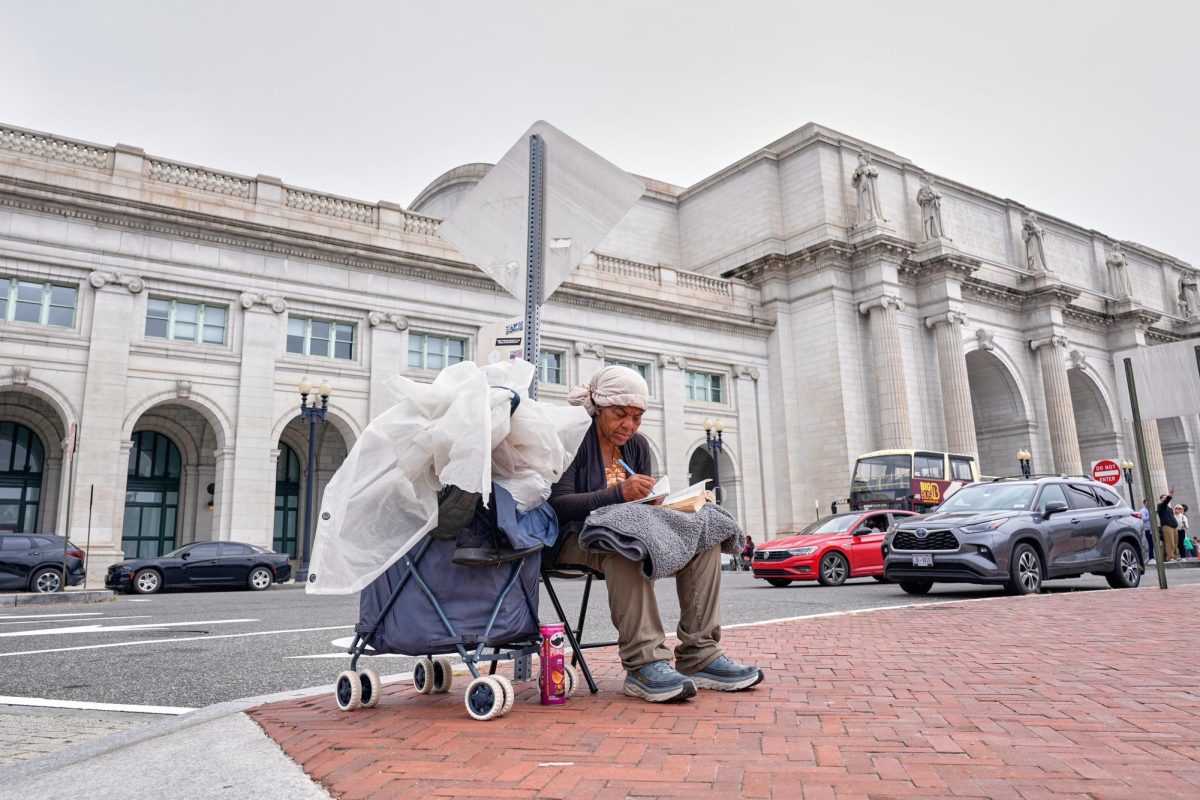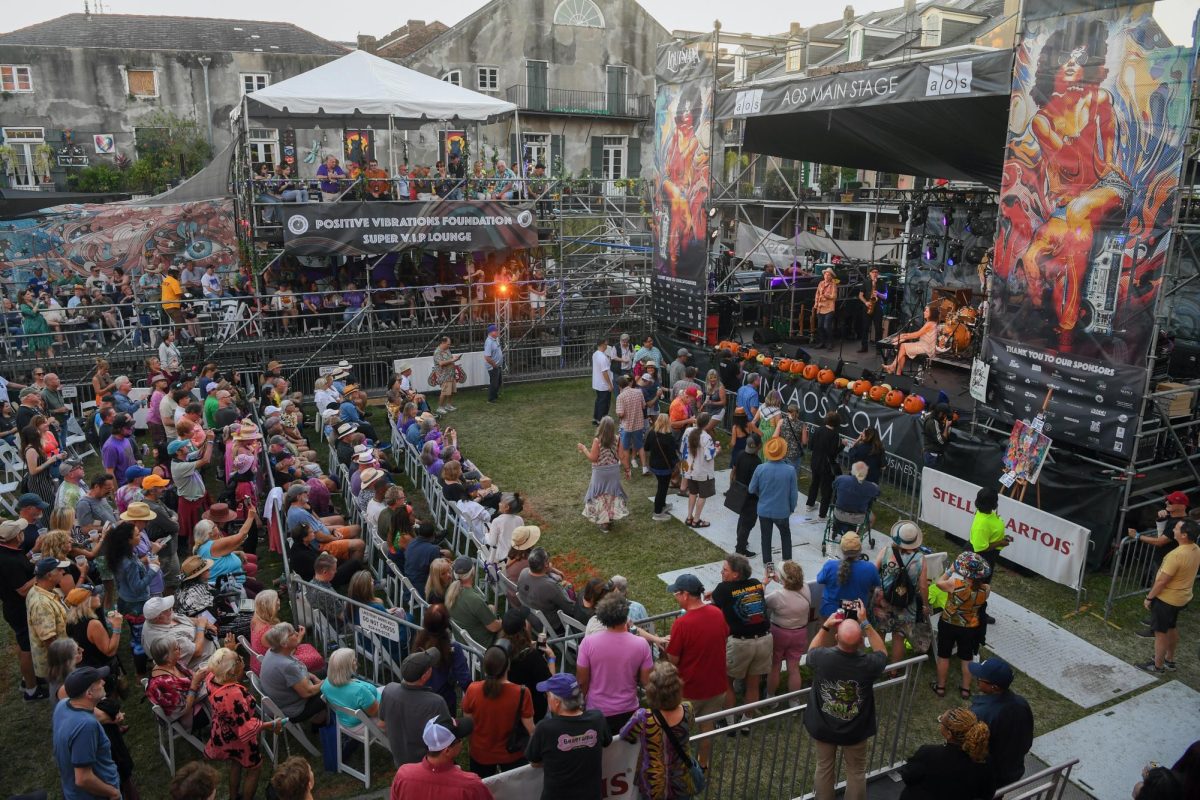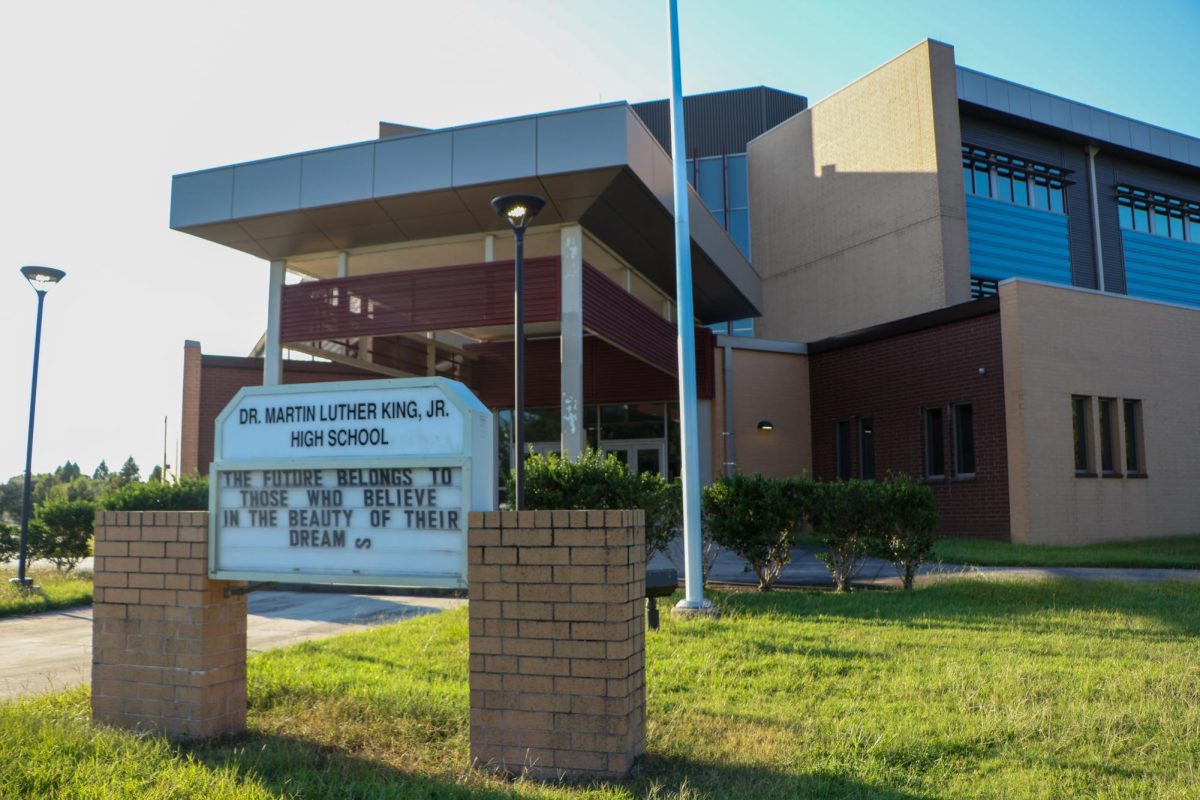Numbers, when in relation to social issues, remove a sense of human connection in reforming policy and evoking change. Loyola University’s Community Action Program and Loyola’s Jesuit Social Research Institute have organized students to actively bridge the gap between statistics and personal relationships.
LUCAP hosts semesterly programs including a trip with a group of student volunteers known as Ignacio Volunteers.
“We’re the people who actually go out and volunteer and actually work with the community,” criminology freshman Simon Bunkers said.
Bunkers is in his second semester working with Ignacio Volunteers.
“Throughout the semester, you’ll meet and learn about topics. Last semester was immigration. This semester, it’s mass incarceration,” Bunkers said.
Following a semester of studying and discussing the subjects, the students round out the topic with a volunteer trip.
Through JSRI, Ignacio Volunteers spent the entirety of last semester learning about immigration before traveling to New Mexico in December of 2023 for their transformative immersion experience.
The immersion experience itself, which lasts between five and seven days, is intended to spark enthusiasm that is already present within students, according to Jacob DeRusha, Loyola’s minister for social justice and immersions.
“A transformative immersion experience is something that, I think, takes … a seed that’s already there. A passion of wanting to make an impact. And I think [the experience] creates a path for how this particular student can get started on making an impact.” DeRusha said.
DeRusha accompanies Ignacio Volunteers on their trips and traveled to New Mexico, where he used to live, to volunteer with the students.
“Going deeper into the immigration system after not living there … was eye opening for me,” DeRusha said. “But also there’s a sense of, I think, pride, because a lot of the nonprofits that we visited were really connected with one another. And so it was really community oriented.”
While in New Mexico, the students spent their time volunteering at centers and spending time with people who were detained or recently released.
“We went to a detention center and spent the day with detainees, we had conversations, we played games with them. … We played [with the] kids that were there, we helped make food.” Bunkers said. “We went to the wall, which was really important…That was a really interesting scene.”
For the remainder of this semester, JSRI will be discussing mass incarceration with Ignacio Volunteers.
“It just really brings what you have already into your mind – it makes you more grateful,” Bunkers said.
DeRusha urges students to get involved with LUCAP and apply for Ignacio Volunteers and JSRI at the start of each semester, as spending time with people, especially those in need, allows for personal connection, he said.
“I think humanizing these issues would hopefully be a catalyst for students to help that seed blossom into action,” DeRusha said.


